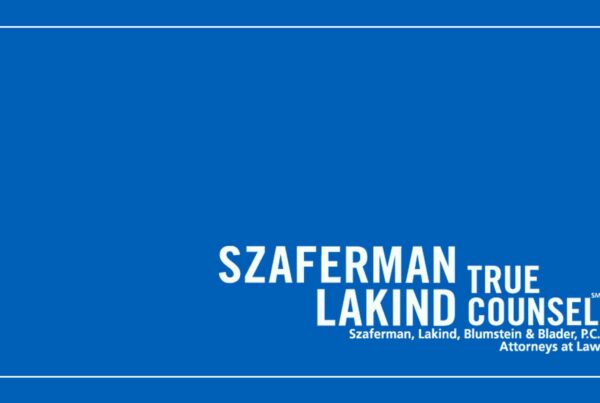Will You Be Told If a Co-Worker Tests Positive for COVID-19?
The COVID-19 pandemic has brought with it a number of issues. As a worker, you might be struggling with the reality that individuals you are working with on a daily basis could test positive for COVID-19. With that in mind, it is important that you understand both your rights and those of any co-workers who do actually end up being diagnosed.
Employee Privacy Explained
In the United States, there are strict regulations in place that govern the disclosing of an individual’s medical records with their consent. This is especially applicable in the workplace. While an individual person may choose to disclose his or her positive COVID-19 test, this is viewed to be a decision that is left up to that employee alone. An employer cannot unilaterally make that decision on their behalf. When it comes to employee privacy, certain laws dictate the actions of the employer.
What Can Be Revealed?
This is a murky area of the law for many reasons. On the one hand, the employer will want to protect the privacy of the worker who has just been diagnosed with COVID-19. On the other hand, the employer will also want to protect the health and safety of all workers that may have been in close contact with the infected individual. It is a situation that nobody wants to be in, yet is one that is playing out across the country. The ADA is quite clear about this. An employer should not reveal any personally identifiable medical information without the individual’s consent. Some states even require that this consent be made in writing. However, employers do have some flexibility in terms of allowing co-workers to know that they may have been exposed to the COVID-19 virus. This is perhaps the most prudent and CDC recommended course of action to take.
Who Should Be Told of a Positive Test Result?
This is the key question that many people, employers and employees alike, would like to have answered. While there are no hard and fast rules governing this topic, there are some general guidelines that can be followed. If it comes down to you possibly contracting the virus at work, thereby affecting your ability to provide financially for yourself and your family, then you will want to consult with a workers comp lawyer. It is recommended that employers let an employee know when they have been working within close proximity to a co-worker or visitor who is known to have contracted the virus. At the same time, the identity of the infected person should not be revealed. This protects the identity of the employee who has tested positive, which is a provision of FMLA, while simultaneously giving others in the company the opportunity to take immediate action to safeguard their health.
The Health of the Community and Workplace Depend on Disclosure
Employers do have an obligation to help maintain a safe workplace for everyone in their employ. This can be done without revealing the diagnosis of any one individual. Employees who do test positive for COVID-19 should be free to leave the workplace to get the treatment that they need without being subjected to others knowing the reason why they are absent. This is why an employer should not reveal the identity of any one person who contracted the virus. This includes not divulging any information that could be traced back to one particular person nor the extent to which an individual employee has come down sick. Doing so protects the rights of the person. However, letting others know that an infected individual was on the premises gives people the opportunity to take charge of their health at the same time.
Contact Szaferman Lakind Attorneys at Law Office if you are in need of a workers comp lawyer in New Jersey. You can reach Craig Voorhees by phone at 609-771-8611 or learn more online by visiting www.voorheeslawnj.com.


